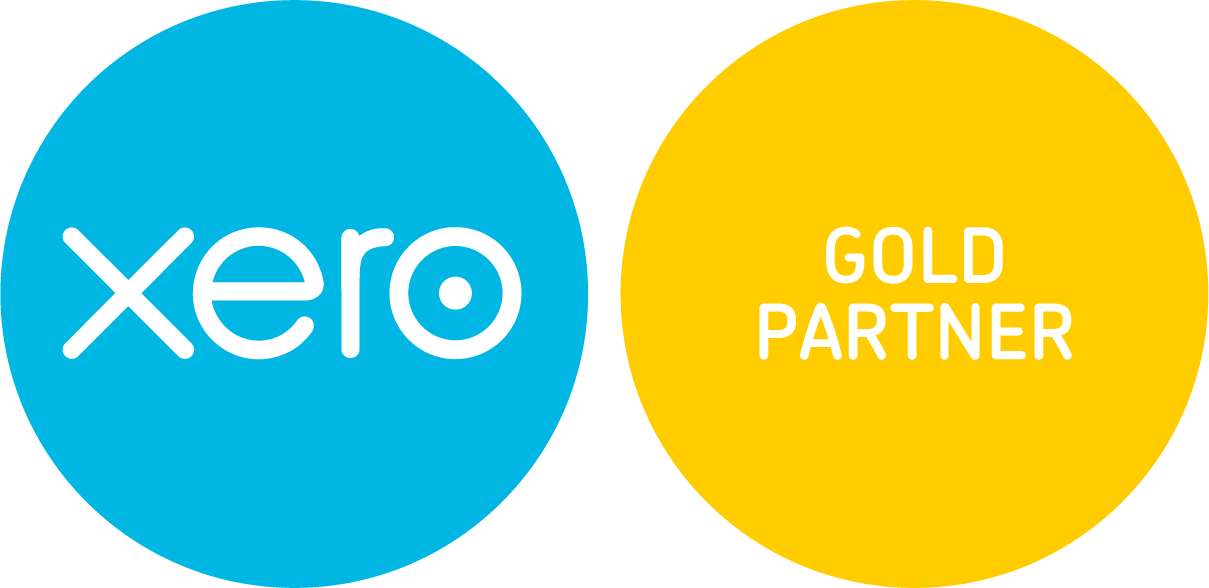Highlights:
– Child care subsidy changes from 1 July 2017
– 1.5% reduction in company tax rate for small businesses
– $20,000 immediate asset write off for small businesses
– Capital Gains rollover relief for business legal entity restructure
Individuals
CHILDCARE
From 1 July 2017 a new Child Care subsidy will apply which is designed to assist working families. Families meeting relevant activity tests with annual incomes up to $60k will be eligible for an 85% subsidy tapering to 50% for families with annual incomes of $165k or more. There is no cap on entitlement for families with annual incomes below $180k, with a $10k cap for families with annual incomes of over $180k.
CAR EXPENSES
From 1 July 2015 there will be a reduction in the number of methods under which an individual can claim a deduction for work related car expenses. Two methods, the 12% original value and the “one third” method will no longer be available. Accordingly, only
- the cents per kilometre method;
- the logbook method
will continue to be available. Importantly, the cents per kilometre method will be simplified to a single rate of 66c per kilometre regardless of engine size.
BACKPACKERS TAX
From 1 July 2016 working holiday makers will be treated as non-residents irrespective of whether they are physically present in Australia for more than 183 days in the year. As such, this will result in them losing the nil rate and lower rate thresholds and having a starting tax rate of 32.5%.
2015/16 TAX RATES
The individual tax rates for the 2015/16 year remain unchanged and are summarised below:
|
Band |
Resident |
Non Resident |
|
$0 -$18,200 |
0% |
32.5% |
|
$18,201 – $37,000 |
19% |
32.5% |
|
$37,001 – $80,000 |
32.5% |
32.5% |
|
$80,001 – $180,000 |
37% |
37% |
|
$180,001 + |
45% |
45% |
Business
CORPORATE TAX RATE
The previously announced reduction in the corporate tax rate to 28.5% for companies with an aggregated annual turnover of less than $2 million is scheduled to commence from 1 July 2015. Other corporate entities retain the existing 30% rate with the franking rate of 30% on dividends to be retained for all companies (ie franking balances will need to be managed closely for small businesses). For unincorporated small businesses a new tax offset has been introduced equal to 5% of the tax payable or $1,000 (whichever is the larger) for each individual.
DEPRECIATION CHANGES
The ability for small business to write off capital expenditure quickly has been brought back to life with the budget providing a temporarily increase in the limit from 12 May 2015 until 30 June 2017. Small businesses will be able to write off capital expenditure less than $20,000 and also will be able to write off an existing depreciation pool below $20,000. The budget also contains measures to assist with accessing this regime by relaxing the rules on re entry into the small business depreciation regime during this period.
BLACKHOLE COSTS
Blackhole costs incurred in starting any new business previously deductible over 5 years will be able to be immediately written off. This change is expected to be applicable for expenditure incurred from 1 July 2015.
CAPITAL GAINS TAX ROLLOVER
A new capital gains tax roll over relief will be introduced enabling a small business to change its legal structure to address situations in which an existing rollover is not available. The change is proposed to apply from 1 July 2016, however there is no clarity around the impact on depreciable items or stock.
EMPLOYEE SHARE SCHEMES
Additional changes to the already announced ESS reforms were released with some specific changes to assist small business. The changes announced, which are scheduled to apply from 1 July 2015, relate to:
- The taxing point of options is deferred to exercise of the option not its vesting date;
- The deferral point for options will be extended to 15 years without the need for forfeiture; and
- The taxing point for options issued by start-up companies is deferred until sale of the shares (acquired on exercise of the options) with the gain being assessed as a capital gain albeit there are some limitations.
FRINGE BENEFITS TAX
Electronic devices
The existing
exemption for work related portable electronic devices has been extended for
small businesses such that more than one device can be provided without giving
rise to an FBT liability. As such, a work related laptop and a tablet can
now be provided to employees without crystallising an FBT liability for
benefits provided after 1 April 2016.
Salary sacrificed
meal entertainment
The ability of tax
exempt and not for profit organisations to salary package meal entertainment
benefits are to be capped. Currently no limit exists, however, this will
be capped to a grossed-up value of $5,000 per employee from 1 April 2016.

